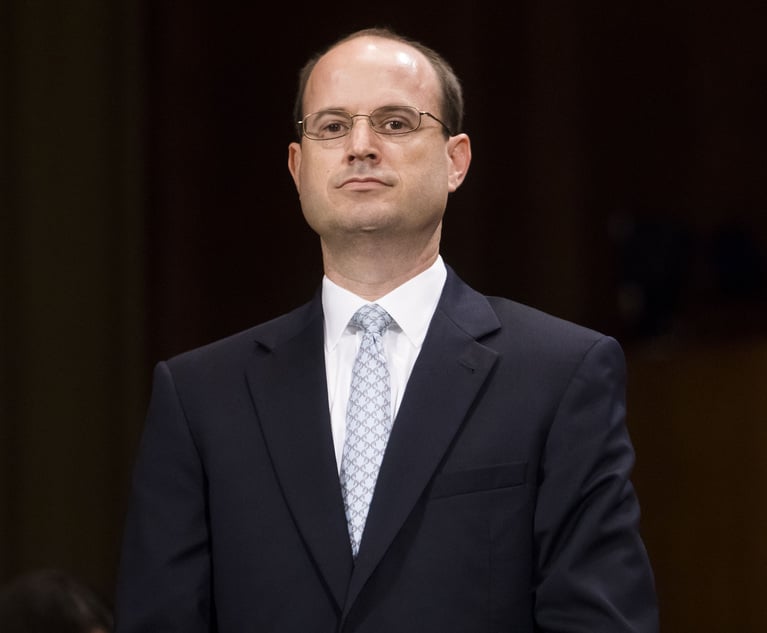In the second quarter of 2019, consumer debt in the United States rose to a record high of $13.86 trillion according to the Federal Reserve Bank of New York. As consumer debt rises in the United States, rulings such as the U.S. Supreme Court’s recent decision in Obduskey v. McCarthy & Holthus, are increasingly more important to the consumer debt industry.
In Obduskey v. McCarthy & Holthus, the Supreme Court ruled that businesses whose sole purpose is to enforce security interests that secure underlying debt, like automobile repossession agents and nonjudicial foreclosure firms (in states that maintain nonjudicial foreclosure procedures, unlike Florida), are not always “debt collectors” under the Fair Debt Collection Practices Act, 15 U.S.C. Section 1692 et seq. (FDCPA). The FDCPA imposes many requirements and restrictions on consumer debt collectors. After Obduskey, a security-enforcement firm is a debt collector only when it meets what the Supreme Court dubbed the “limited-purpose definition” of a debt collector. A limited-purpose debt collector is subject to far fewer FDCPA requirements and restrictions.


 Brian Frontino, left, and Kingsley Nwamah, right, with Stroock & Stroock & Lavan in Miami..
Brian Frontino, left, and Kingsley Nwamah, right, with Stroock & Stroock & Lavan in Miami..




